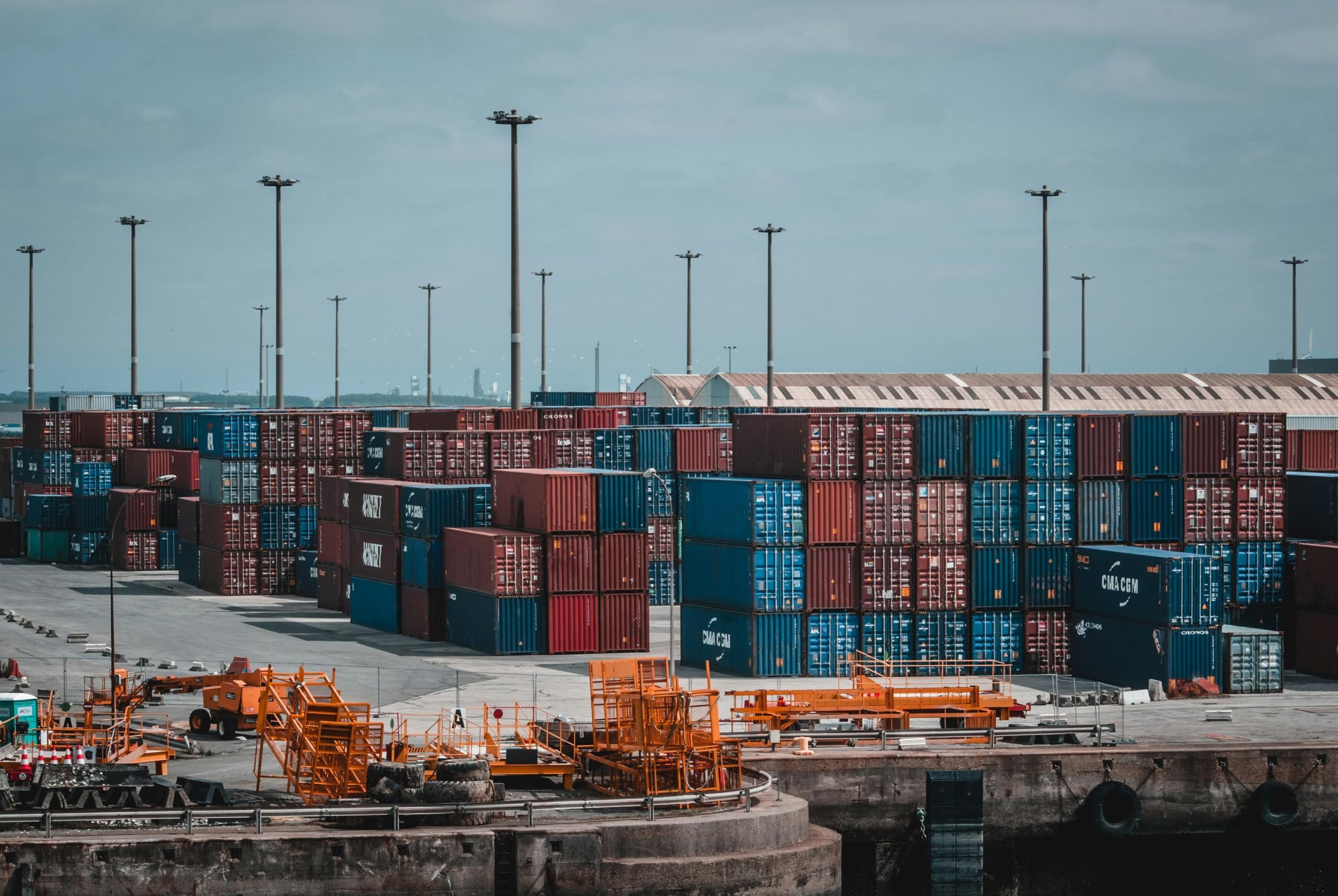Importing toothpicks? Don’t blame academia

For decades, Africans have wondered why their countries, despite being rich in natural resources and having bright academics, continue to struggle with industrialisation. The continent’s raw materials are exported in their unprocessed form, only to return as expensive finished products. This dependence on imports, even for basic items like toothpicks, has fuelled the perception that African universities and industries are inferior to their counterparts in Europe and America. But is this truly the case?
A deeper look reveals that Africa’s industrial stagnation is not merely a result of current educational or economic shortcomings. Instead, it can be traced back to centuries-old policies designed to ensure that Africa remained a supplier of raw materials and a consumer of foreign goods. The most outstanding piece of legislation that contributed to this state of affairs was the Navigation Act of 1651, enacted by the English Parliament under Oliver Cromwell.
One of the most significant consequences of the Navigation Act was its role in solidifying English control over the transatlantic slave trade. The Act ensured that English ships had exclusive access to trade routes between Africa, the Americas, and England. This facilitated the growth of the triangular trade, in which enslaved Africans were transported to the Americas to work on plantations. The goods produced by these plantations, such as sugar and tobacco, were then shipped to England, reinforcing the economic exploitation of African people and resources.
Beyond the slave trade, the Navigation Act contributed to the broader pattern of European economic domination in Africa. By controlling trade routes and dictating the terms of trade, England and other European powers extracted valuable resources from Africa while offering little in return. African societies were increasingly integrated into the global economy on unequal terms that favoured European interests, leading to the economic subjugation of the continent.
In a conversation with a respected Kenyan professor and a fellow former vice-chancellor, it became evident how the Navigation Act and similar colonial policies continue to impact Africa today. The discussion revealed that much of the poverty and suffering in Africa can be traced back to this Act and other Western colonial legislation.
These policies were designed to ensure that indigenous Africans would never produce tools or equipment; Africans would be prevented from manufacturing goods for the market; African natural resources would be extracted and transported to Western countries to fuel their industries; Africa would serve as a market for goods and services imported from Western and other industrial nations; and African populations would remain confined to menial labour and servitude for the rest of the world.
Unfortunately, these laws, treaties, and standards were carried over into the post-independence era by African countries and continue to bind them to this day. In Kenya, for example, several indigenous industries that had begun to take root after independence – such as Mathu paper, Nyayo Pioneer Car, Mastermind Tobacco, Tiger shoes, Softa drinks, pencil making, water meter making and others – were either shut down or made untenable by government policies that favoured foreign interests.
The result is that Africa remains a net importer of goods and services, with little to show for its vast natural resources. The continent’s industrial potential remains untapped, and its people continue to be relegated to low-wage labour or worse, perpetuating a cycle of poverty. The pressing question for Africa is how to break free from this legacy of exploitation and build a self-sufficient, industrialised economy.
The answer lies in an approach that addresses both historical injustices and current challenges. Firstly, African countries must prioritise the development of their own industries. This requires investment in manufacturing and technology, as well as the creation of policies that support local businesses rather than foreign corporations. Education systems should be reoriented to focus on practical skills and innovation, preparing students to contribute to homegrown industries.
Secondly, Africa must renegotiate its position in the global economy. This means challenging unfair trade agreements and asserting control over its natural resources. African leaders must work together to create regional trade agreements that prioritize intra-African commerce, reducing dependence on external markets.
Finally, there must be a conscious effort to dismantle the colonial-era laws and treaties that continue to hinder Africa’s development.
— The writer is a Professor of Physical Chemistry at the University of Eldoret












